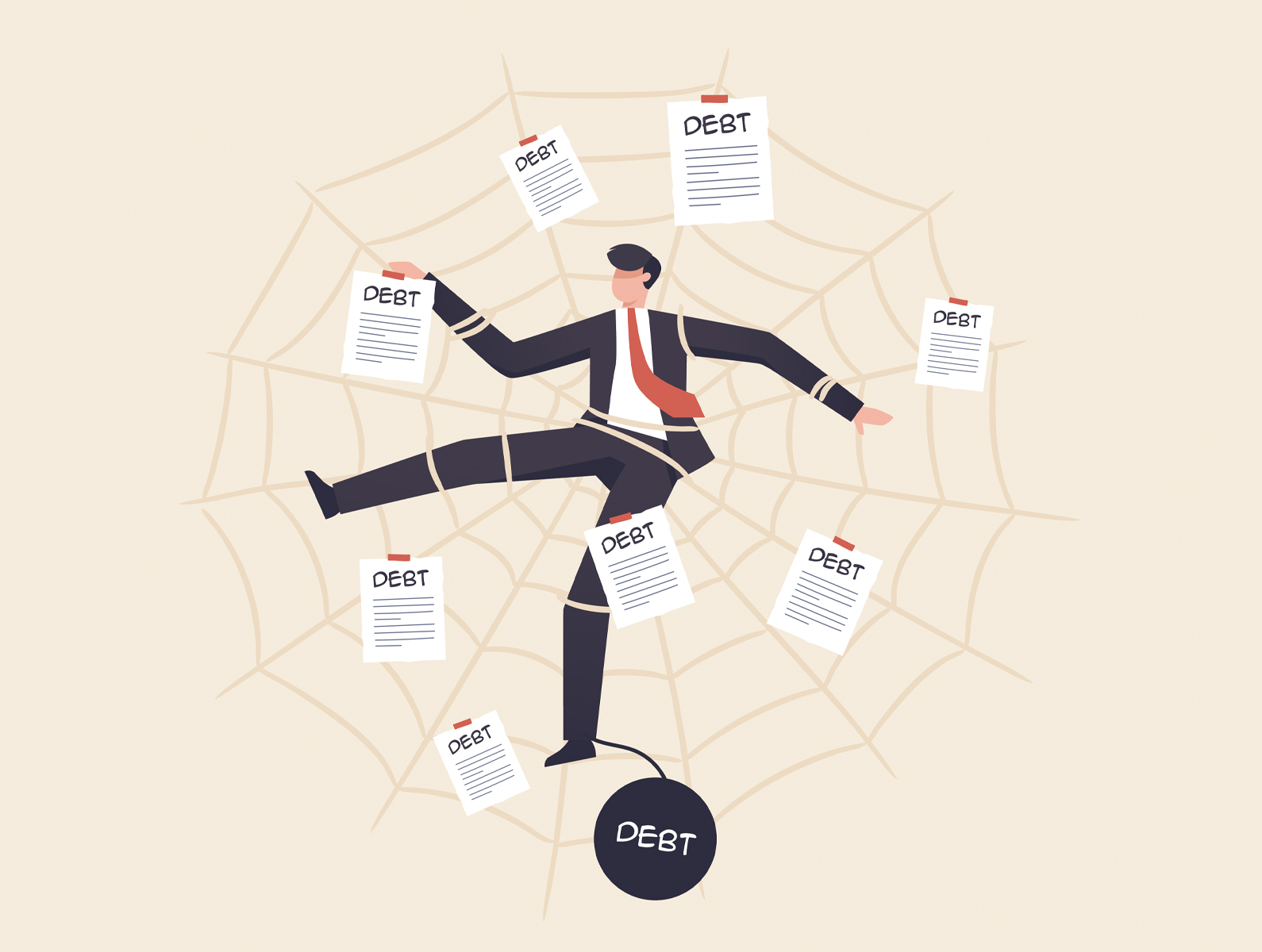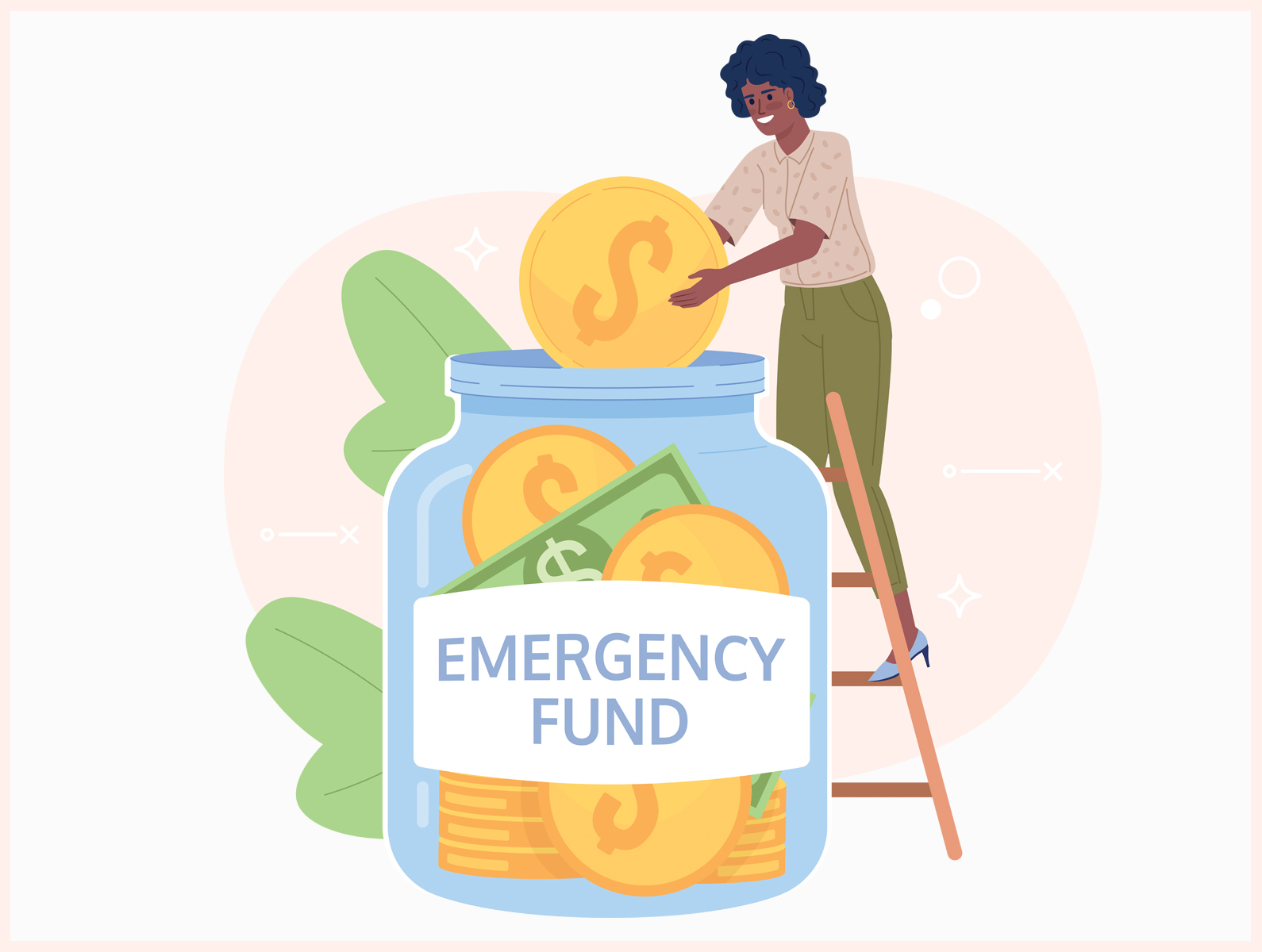If you’re looking for a personal loan, you want the lowest cost loan, and that means the lowest interest rate. But what’s the best way to get a low-interest personal loan?
There are so many options and lots of different loan providers out there, so it can be hard to know the best route to take. Keep reading to learn more about low-interest personal loans and the best way to get one.
What are low interest personal loans?

A low-interest personal loan is a type of loan that offers borrowers a lower interest rate compared to other types of loans. This means that you will pay less in interest charges over the life of the loan, ultimately saving you money. Low-interest personal loans are typically offered by banks, credit unions, and online lenders. It pays to shop around because some lenders are cheaper than others. You’re also more likely to get a low-interest rate if you have a good credit history.
What types of loan providers offer low interest personal loans?

There are various types of loan providers that offer low-interest personal loans, and the right choice will depend on your circumstances.
Banks
Banks are often top of mind for many individuals seeking a personal loan, but they can be more expensive, with a higher starting interest rate than some low-cost loan providers. Banks also often have strict criteria about who they can lend money to. This means that if you have a bad credit history, you may struggle to get a loan through a bank. In contrast, finance companies and online lenders often have more discretion about who they lend money to, and some will lend to people with bad credit.
Credit unions
Credit unions are another option for low-interest personal loans. These non-profit financial institutions often provide lower interest rates to their members. Joining a credit union can be as simple as meeting certain eligibility requirements and opening a savings account.
Online lenders
Online lenders are also a popular choice for low-interest personal loans. These lenders often have streamlined application processes and can offer competitive rates due to lower overhead costs. It’s important to do your research and read reviews before choosing an online lender to ensure they are reputable and trustworthy.
How do online lenders compare with banks for personal loans?

There are some advantages to borrowing through an online lender, including lower cost and more flexibility.
Borrowing through a bank can be a more expensive option. For example, the starting rate for a personal loan through the “big four” banks in New Zealand – BNZ, ANZ, ASB and Westpac – is between 13.90% and 13.95%. In contrast, Loansmart’s starting rate is 9.95%.
Online lenders can also provide customised interest rates, whereas banks tend to go for a one-size-fits-all approach where everyone gets the same rate, regardless of their circumstances. As a result, if you have a high credit score and disposable income, you might end up paying more if you go through a bank.
Online lenders, such as Loansmart, can also offer higher borrowing limits compared to banks. While banks typically provide up to $30,000 for unsecured loans, Loansmart can offer up to $50,000. Having an additional $20,000 can significantly impact your renovation project, car purchase, or loan consolidation.
The advantages of choosing a loan broker

Loansmart is a loan broker, which means when you apply for a loan through us, we scout various lenders to get you the best deal. One of the biggest advantages of this is you only have to make one loan application, but it gets put in front of multiple lenders. If you make too many loan applications, this can negatively impact your credit score, so it’s important to make as few loan applications as possible.
Loansmart does the heavy lifting, jumping through the hoops so you don’t have to. All you have to do is choose the best deal for you, and we’ll take care of the rest. Before you know it, you’ll have the cash you need, on fair terms that suit you.
Get in touch with the Loansmart team today for a free and friendly chat about how we can help you achieve your financial goals.













